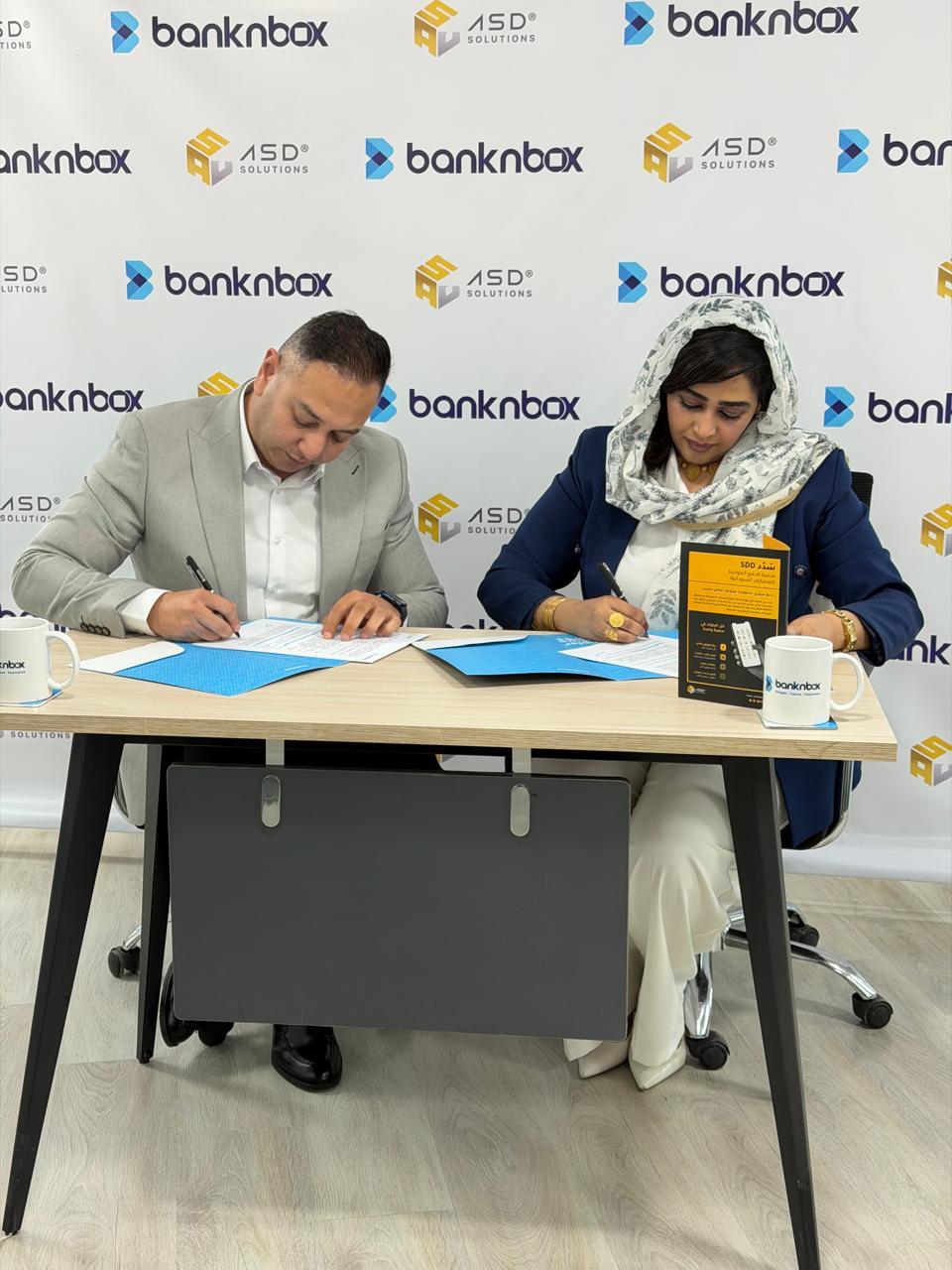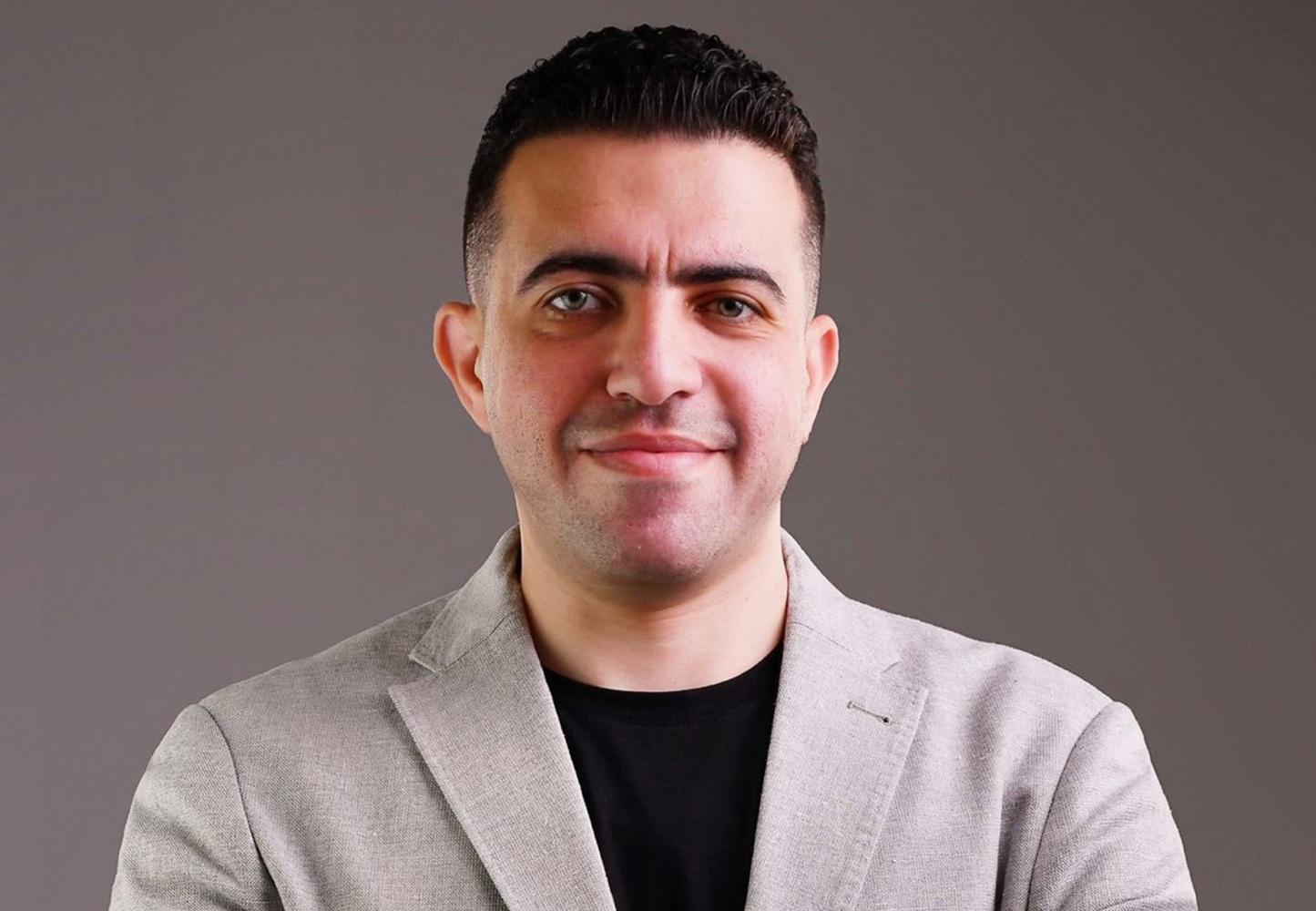By : Basel Khaled
In response to an increasing interest in emotional wellbeing and mental health on Google Assistant and Google Search over the past year, the Arabic version of Google Assistant will now respond to queries related to emotional wellbeing with coping mechanisms drafted by licensed therapists.
Google worked with Safe Space, a UAE-based mental health organization and their network licensed therapists who drafted a series of coping mechanisms on which Google Assistant will base its answers on. Arabic speakers can now find these responses if they tell Assistant they are feeling sad, lonely, tired, scared, or angry. In several of these responses Google Assistant will encourage people to seek expert advice when asked about feelings of worry and fear.
This feature on Google Assistant is in response to an increase in interest in emotional wellbeing as shown by Google Trends data:
- In Egypt, search interest for mental health reached its 10-year high in May 2020
- Globally, Arabic search queries for “how to improve my mental health” grew by 1,100% in the past five years 2016 and 2021, and reach the trend peak in August 2020
- Interest in the Arabic word for therapist reached a 10-year high in August 2020
“Helping people reach that piece of information, especially when they need it most, is at the heart of everything we do at Google. Our work with Safe Space will provide the millions of people who use the Arabic Google Assistant everyday expert-reviewed responses about emotional wellbeing that is simple and accessible. To everyone who came online to learn how to take care of their wellbeing and that of their loved ones over the past year, I hope you find this feature helpful,” said Najeeb Jarrar, head of consumer product marketing at Google MENA.
“With so many people struggling right now, it’s fabulous to see Google being part of the solution by making first line emotional wellbeing support accessible. This initiative will play a really important role in closing the gap around education and awareness in the region. Not everyone feels comfortable asking these questions out loud, so there is now a safe space that will be available to all through the Google Assistant,” said Dani Hakim, co-founder of Safe Space.
“The Google Assistant is designed to help and delight Arabic speakers around the world. In between millions of commands to set alarms, play music, and hear jokes many Arabic speakers also told their Assistant that they were experiencing feelings of sadness, fear, and loneliness. To everyone who uses Google Assistant, I hope you find these responses which we worked on with licensed therapists helpful,” said Rola Najem, a writer on the Google Assistant personality team.
The Arabic version of the Google Assistant understands all Arabic dialects and responds in modern standard Arabic. Assistant operates with Google’s latest machine learning technology to help millions of people around the world organize their day with the help of their phones.
Here are some of the responses the Google Assistant will respond to:
|
Query |
One of Arabic Assistant’s responses |
|
I am sad |
I read that journaling what you feel in a special journal could help you better understand your feelings and help you address them
Sometimes, crying can help lighten the heaviness of sadness. If you feel like crying, don’t hold in your tears
I heard that going for walk with a good friend or even calling them can help you generate positive thoughts and emotions
|
|
I am scared |
I read online that fear is the body’s natural reaction to danger or what we think might be danger. If in reality there is no danger, there are some things you can do which can calm these feelings down such as deep breathing which could calm our nerves within minutes
I read that when I experience feelings of worry, ask yourself: will I benefit from continuing to think this way? We have to ask ourselves, if it's more useful to continue to feel fear or to overcome it.
One positive side to fear is that it can drive us into taking the necessary steps to remain safe. |
|
I feel lonely |
I read that moving your body can improve your mood and increase positive feelings. For example, a 20 minute walk counts as exercise!
I found that lack of sleep can lead to feelings of isolation and loneliness, good sleep plays an integral role in our mental wellbeing.
I read on the internet that spending some time in the sun could help encourage hormones linked to positive emotions. |














































































